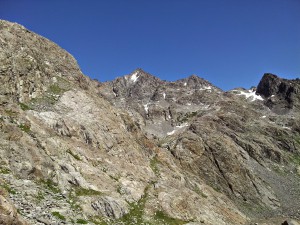This is the proposal for the July trip spanning 5 days and 4 nights. It looks a bit hellish at the front and finishes pretty easily. This should have some spectacular views, and it will be the first time we go down Kaweah Gap, so it will be picturesque to say the least.
Continue reading-
-
Recent Posts
Archives
Categories


